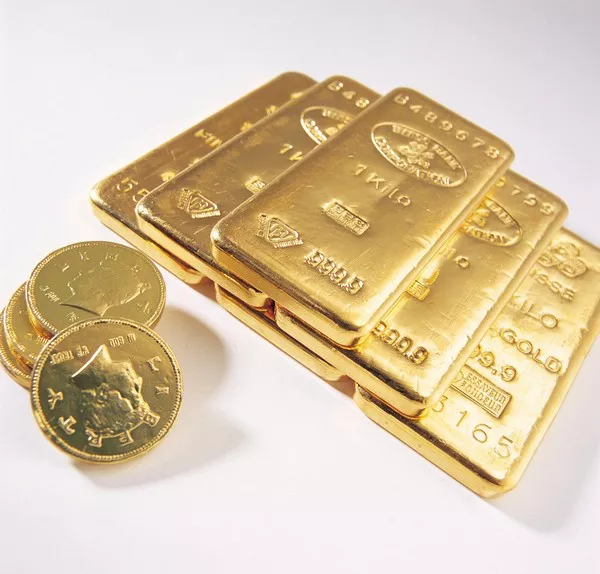Gold futures are a popular investment vehicle for traders looking to profit from price movements in the gold market. However, it’s essential to understand when these contracts expire to avoid any unexpected losses or additional expenses. In this article, we will discuss the expiration dates of gold futures and what you need to know about them.
What Are Gold Futures?
Gold futures are contracts that allow investors to buy or sell a specific amount of gold at a predetermined date in the future at a fixed price. These contracts are standardized and traded on exchanges such as the New York Mercantile Exchange (NYMEX), the COMEX division of the Chicago Mercantile Exchange (CME), and the Tokyo Commodity Exchange (TOCOM).
Expiration Dates of Gold Futures
Gold futures contracts have specific expiration dates that determine when the contract must be settled by delivery of physical gold or cash settlement. These dates vary depending on the exchange and the contract specifications. Here are the details of some of the most widely traded gold futures contracts:
- NYMEX and COMEX: The NYMEX and COMEX operate on Eastern Standard Time (EST) and have different expiration months. The most actively traded gold futures contract on these exchanges is the COMEX Gold Futures contract, which has an expiration date on the third last business day of the contract month. For example, if the contract month is June, the expiration date would be on the third last business day of June.
The NYMEX Gold Futures contract expires in the same manner as the COMEX Gold Futures contract. However, it’s not as widely traded as the COMEX contract.
- TOCOM: The Tokyo Commodity Exchange (TOCOM) operates on Japan Standard Time (JST) and has monthly gold futures contracts that expire on the last trading day of the month. If the last trading day is a holiday or weekend, the expiration date is moved to the preceding business day.
- Dubai Gold & Commodities Exchange (DGCX): The DGCX operates in Dubai and has gold futures contracts that expire each quarter (March, June, September, and December) on the last business day of the contract month. There are two types of gold futures contracts traded on the DGCX – the DGCX Gold Futures and the Mini DGCX Gold Futures.
Why Are Expiration Dates Important?
Expiry dates are essential for investors who trade gold futures because they determine when the contract must be settled. Here are some reasons why expiry dates are important:
- Avoiding Delivery Obligations: If you hold a gold futures contract until the expiration date, you will have delivery obligations. This means you must take delivery of the physical gold or settle the contract in cash. To avoid this, traders can close out their positions before the expiration date.
- Rolling Over Positions: Investors who wish to maintain their exposure to the gold market can roll over their positions by buying or selling a new futures contract with a later expiration date. This allows them to hold onto their investment without taking delivery of the physical gold or settling the contract in cash.
- Predicting Market Trends: Expiry dates can also provide valuable insights into market trends. Investors can analyze the trading volumes and open interest leading up to the expiration date to predict market sentiment and make informed decisions about future trades.
Conclusion
Gold futures trading involves significant risks, and understanding the expiration dates of gold futures contracts is crucial for traders and investors. Knowing when your gold futures contract expires can help you avoid unwanted obligations, roll over positions, and make informed trading decisions. Therefore, it’s important to familiarize yourself with the contract specifications and keep up to date with any changes that may occur.

